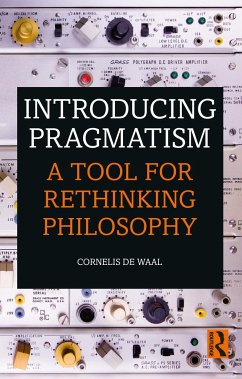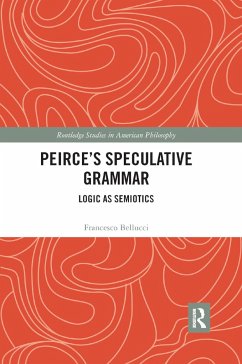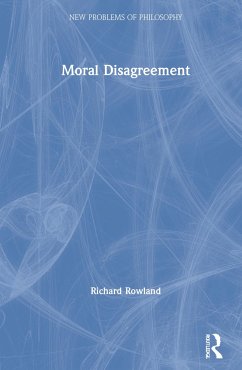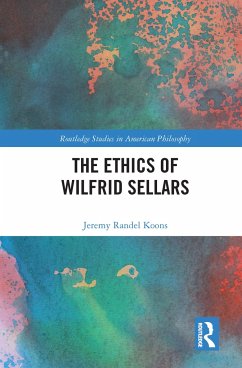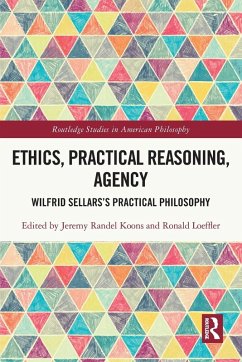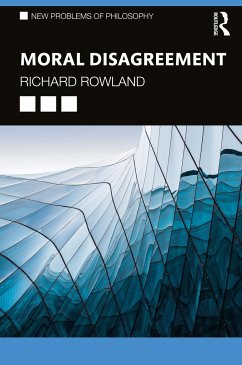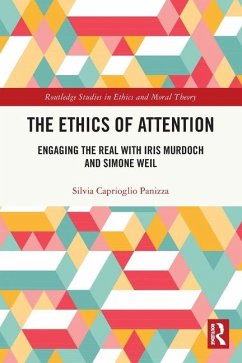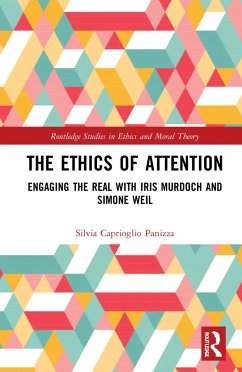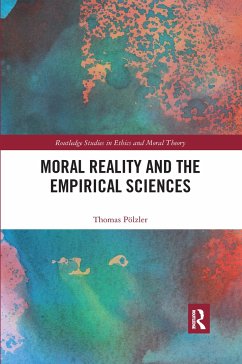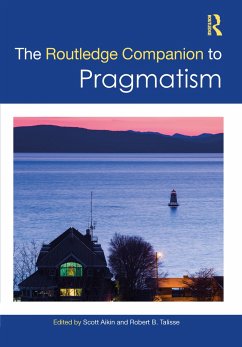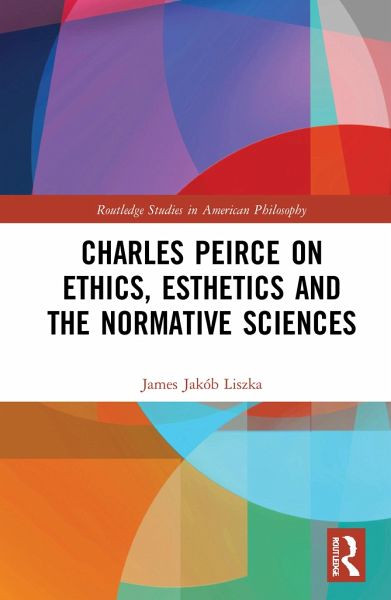
Charles Peirce on Ethics, Esthetics and the Normative Sciences
Versandkostenfrei!
Versandfertig in 6-10 Tagen
43,99 €
inkl. MwSt.
Weitere Ausgaben:

PAYBACK Punkte
22 °P sammeln!
This book presents a comprehensive and systematic picture of Charles Peirce's ethics and aesthetics, arguing that Peirce established a normative framework for the study of right conduct and good ends. It also connects Peirce's normative thought to contemporary debates in ethical theory.Peirce sought to articulate the relation among logic as right thinking, ethics as good conduct and, in an unorthodox sense of aesthetics, the pursuit of ends that are fine and worthy. Each plays an important role in ethical life. Once aesthetics has determined what makes an end worthy and admirable, and ethics d...
This book presents a comprehensive and systematic picture of Charles Peirce's ethics and aesthetics, arguing that Peirce established a normative framework for the study of right conduct and good ends. It also connects Peirce's normative thought to contemporary debates in ethical theory.
Peirce sought to articulate the relation among logic as right thinking, ethics as good conduct and, in an unorthodox sense of aesthetics, the pursuit of ends that are fine and worthy. Each plays an important role in ethical life. Once aesthetics has determined what makes an end worthy and admirable, and ethics determines which are good and right to pursue, logical and scientific reasoning is employed to figure the most likely means to attain those ends. Ethics does the additional duty of ensuring that the means conform to ideals of conduct. In the process, Peirce develops an interesting theory of moral motivation, an account of moral reasoning, moral truth, and a picture of what constitutes a moral community.
Charles Peirce on Ethics, Esthetics and the Normative Sciences will be of interest to scholars and students working on Peirce, American philosophy, and metaethics.
Peirce sought to articulate the relation among logic as right thinking, ethics as good conduct and, in an unorthodox sense of aesthetics, the pursuit of ends that are fine and worthy. Each plays an important role in ethical life. Once aesthetics has determined what makes an end worthy and admirable, and ethics determines which are good and right to pursue, logical and scientific reasoning is employed to figure the most likely means to attain those ends. Ethics does the additional duty of ensuring that the means conform to ideals of conduct. In the process, Peirce develops an interesting theory of moral motivation, an account of moral reasoning, moral truth, and a picture of what constitutes a moral community.
Charles Peirce on Ethics, Esthetics and the Normative Sciences will be of interest to scholars and students working on Peirce, American philosophy, and metaethics.





